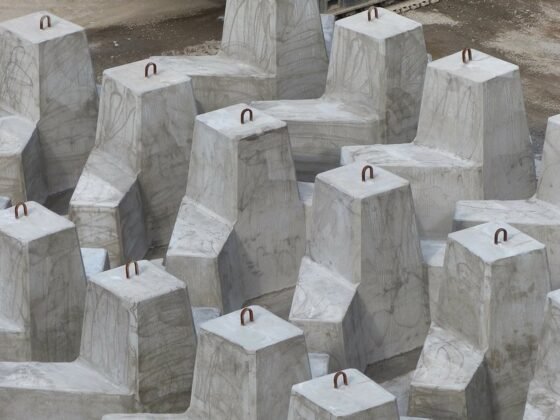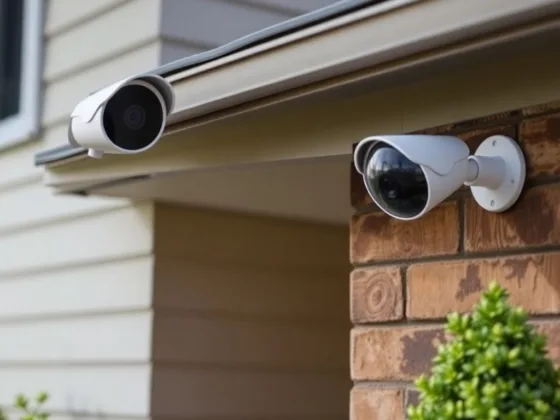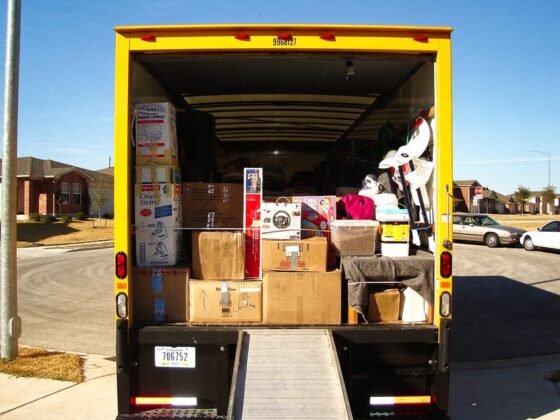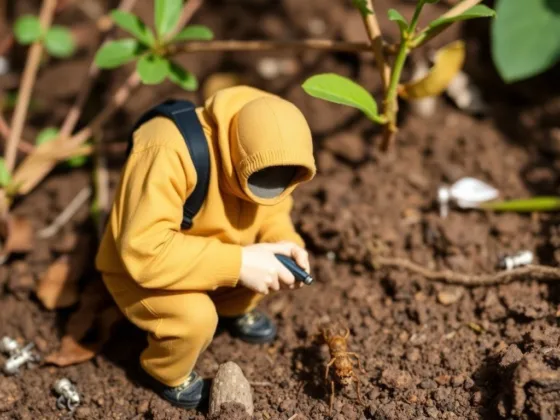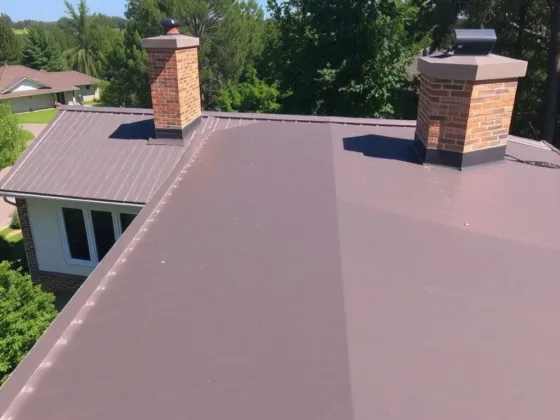Table of Contents Show
Maintaining a pool is not easy. From clearing out the leaves to keeping the water perfectly balanced, there is always something that needs to be done to keep a pool clean and safe.
One of the biggest problems that many pool owners have is maintaining the perfect chemical balance. Those little test kits let you know immediately if your water has the right amount of pH or has too much acidity.
If you live in a part of the country that gets rain, you should plan to test your water after every weather system moves through your area.
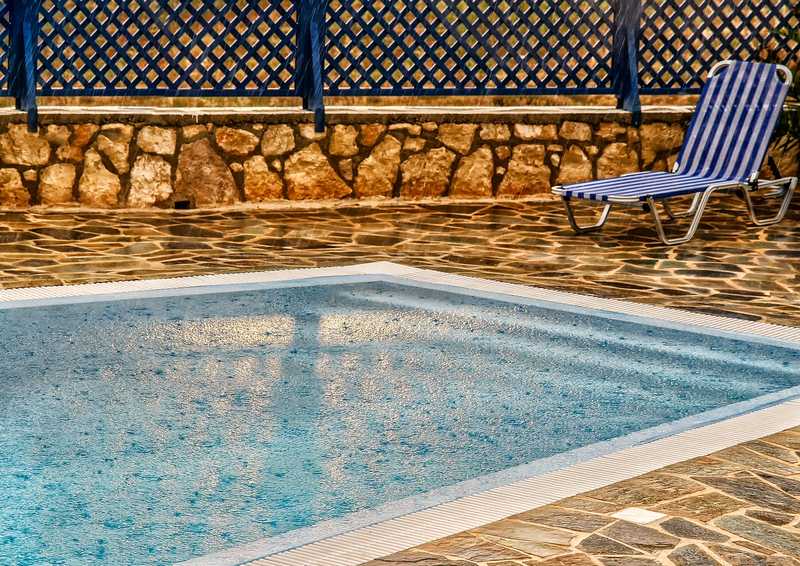
How Rain Affects Pool Water
Rain does negatively affect the water in your swimming pool. If you are looking for a company to help you with your water maintenance, contact Sparklean Pools. We are fully aware of the acidic properties in rainwater and how the chemical makeup of acid rain can affect your pool water.
Rain doesn’t just get into the pool as it falls from the sky, it can also enter the pool from the deck. As it enters your pool, it brings calcium and solids like dirt and debris.
This can make the water corrosive and it can begin to break down the sides and bottom of your pool as well as the pump and other metal parts.
Read Also:
How to Prevent Pool Damage
There are a few ways to keep your pool water and parts safe from damage that can come from rain. Some techniques include
- Draining extra water
- Maintaining skimmer-level water
- Using the waste mode to remove water
- Using an outlet valve
While light showers are generally safe for pool water, you should watch heavy rains closely. When major storms are approaching, you can keep your pool safe and the water cleaner by putting away anything that could fall in the pool. This includes plants, pool gear, grills, and furniture. All of those outdoor items could damage liners, plaster, or other pool parts.
Adding Chemicals Before and After the Storm
Some people will pour algaecide into their pools before a big storm. This can keep the rainwater from causing blooms. With a little extra algaecide, you should have an easier time cleaning the pool after the storm. It is also helpful to keep the pool running during the storm. Running water is less likely to develop an algae bloom.
After the rain, your pool probably will need a good cleaning. You should do more than just skim the surface and vacuum the bottom. All too often, debris sticks to the sides, so a thorough brushing after the storm can help prevent more problems later. And, many people will put a pool cover over their pool to keep big debris from falling into the water.
You also might need to adjust the chemicals after a storm. Some pool owners add shock to the pool immediately after a storm, but this might not be necessary. Check the water first to determine exactly what your pool needs. You might need to add other chemicals first, but shocking the pool will prevent algae blooms.
